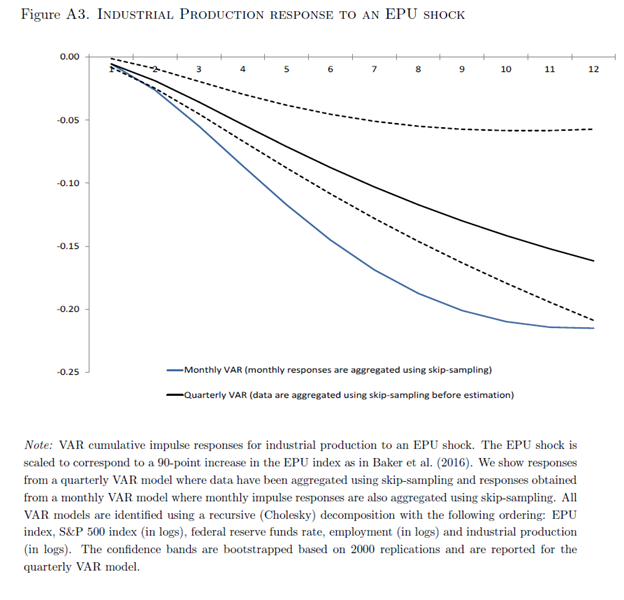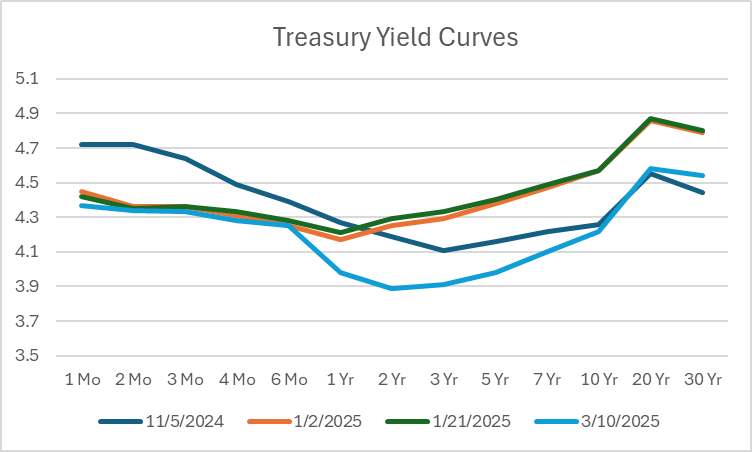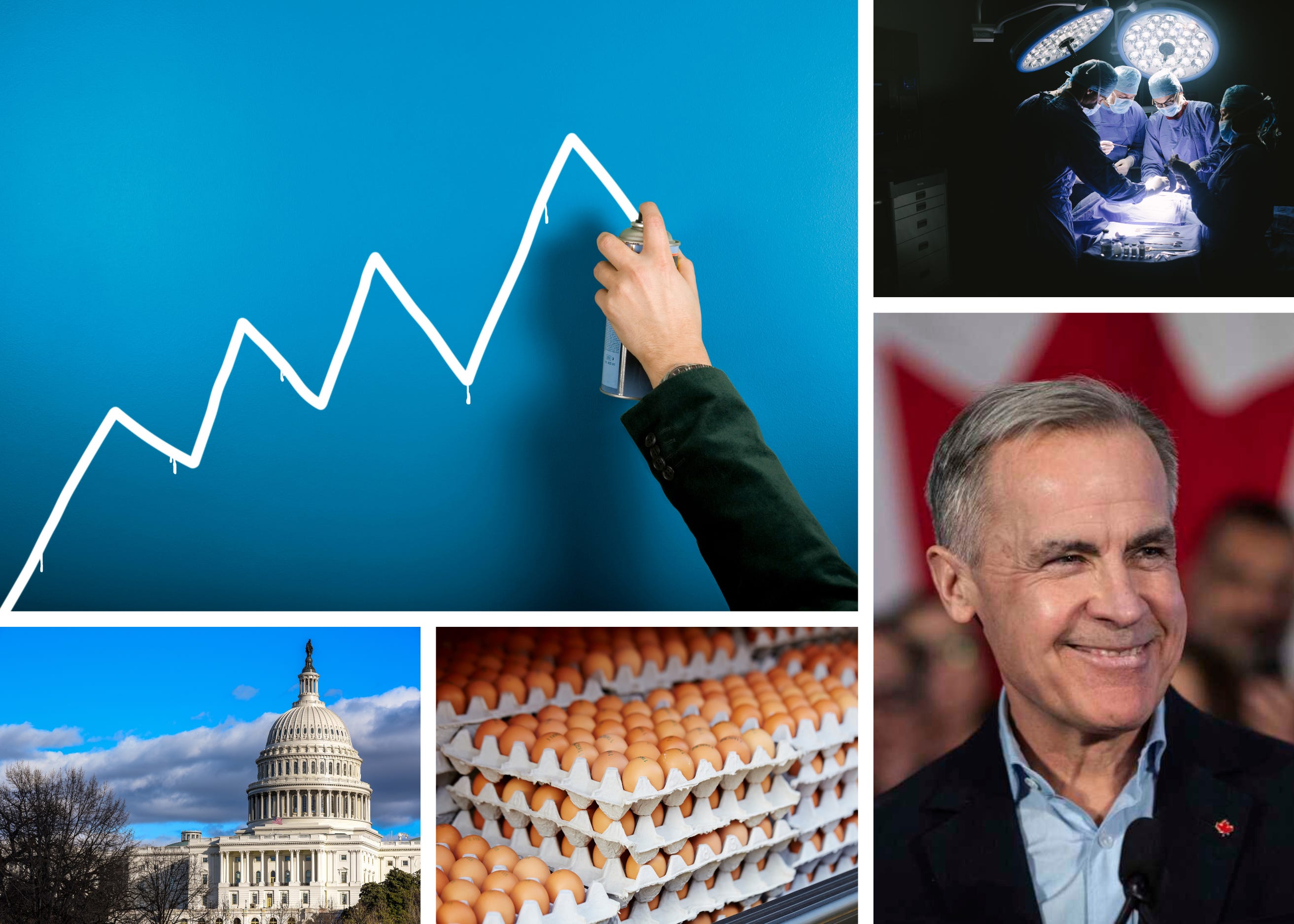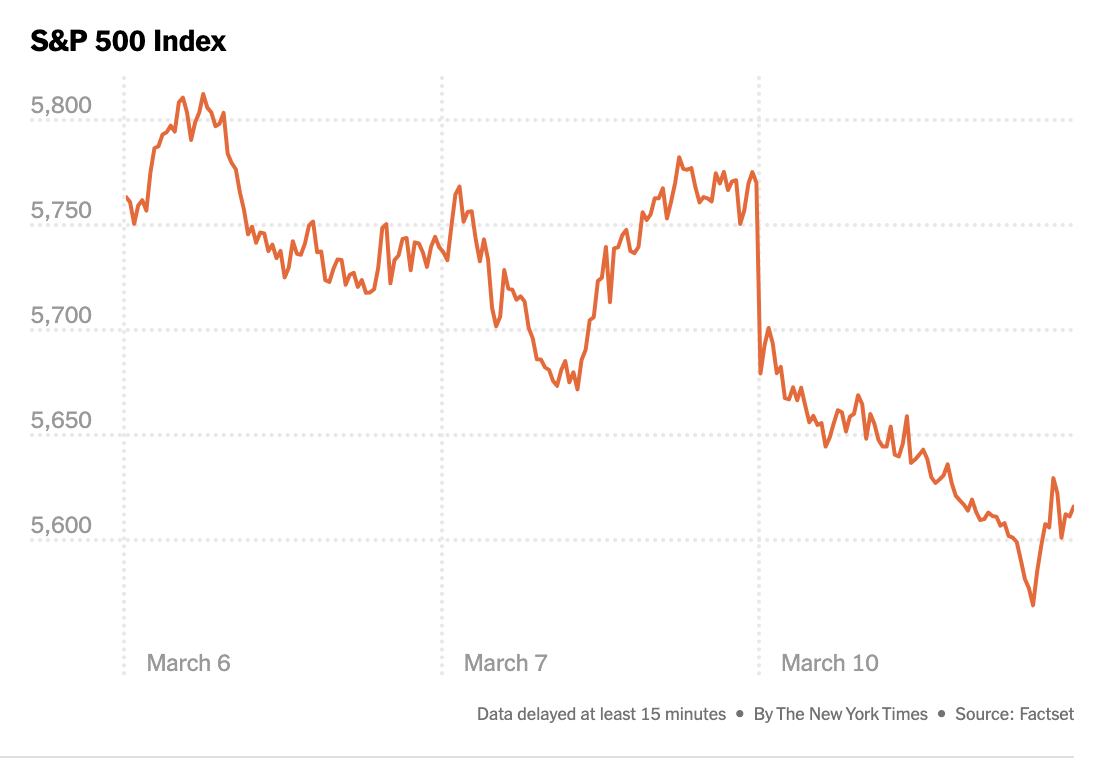
3181. Social Security Is a Ponzi Scheme
An argument that Social Security operates similarly to a Ponzi scheme, highlighting its financial unsustainability and the government's role in perpetuating it through coercive taxation.
your daily dose of economic commentary

An argument that Social Security operates similarly to a Ponzi scheme, highlighting its financial unsustainability and the government's role in perpetuating it through coercive taxation.

An argument that high-frequency uncertainty shocks significantly impact economic activity, with varying effects across macroeconomic variables and stronger responses during recessions compared to expansions.

The post discusses a notable event where the president explored Tesla vehicles alongside the company's CEO, highlighting their relationship and implications for both figures.

Timothy Taylor discusses international pessimism regarding economic prospects for future generations, highlighting polling data and its implications on politics and public sentiment.

Plans for a new stadium next to the historic venue involve significant investment and the controversial demolition of the iconic Old Trafford.

Observations on the Federal Reserve's balance sheet adjustments reveal ongoing quantitative easing through reinvestment strategies, despite a reduction in total asset holdings.

Menzie Chinn discusses the deepening yield curve inversion and its implications since Inauguration Day.

The post highlights various stories related to economic principles, government spending, surgery risks, a potential government shutdown, egg price investigations, and a new Canadian prime minister.

Pierre Lemieux discusses the trade war between the U.S. and Canada, highlighting the conflict between free trade and government-directed trade, which fosters animosity.

The post discusses the impact of Trump's tariff policies on stock market performance and highlights his shifting priorities regarding economic issues.

A young entrepreneur returns to Syria to contribute to the development of the country's tech industry after fleeing the war as a teenager.

Joe Hernandez discusses Southwest Airlines' decision to start charging for checked luggage, marking a notable change in its customer-friendly policies.

The post analyzes local housing market trends in February, comparing data to previous years and discussing mortgage rates and supply dynamics.
The author argues that while Germany's moves to exempt defense spending from its debt brake are positive, higher defense spending should be balanced by increased taxes to avoid promoting right-wing populism.

The post critiques the economic excuses made by the Trump administration, highlighting dishonesty in economic claims and the disconnect between rhetoric and actual economic data.

Bill McBride discusses the BLS report showing job openings increased to 7.7 million in January, with stable hires and separations data.

An argument that consumer confidence and business sentiment are key indicators of economic uncertainty and potential recession.

Noah Smith discusses the negative impact of Trump's economic policies on the stock market and critiques the notion of a future utopia resulting from these policies.

Scott Horsley discusses concerns about the reliability of government economic data under the Trump administration, highlighting changes in data consultation and GDP calculation.

Laurel Wamsley discusses government data collection on citizens and the implications of DOGE attempting to access this information.